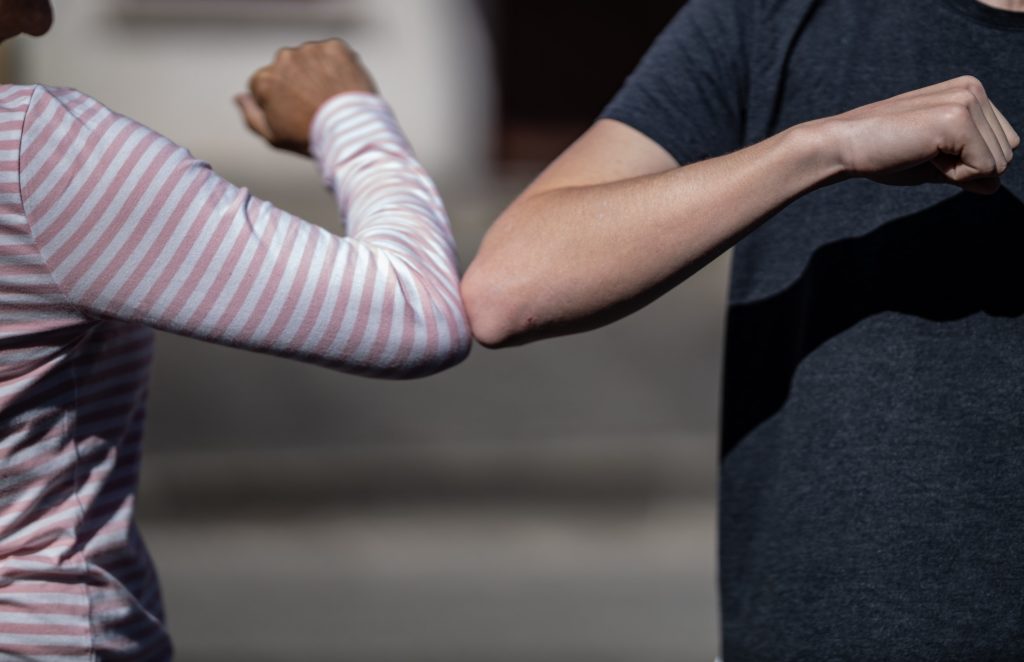The blog was originally published on Julia Unwin’s personal website.
We’ve known that a global pandemic would come for decades, and it’s been modelled and planned for time after time. But when it comes it’s a massive and terrifying shock, and the implications will be felt for decades to come. Just now we’re wrestling with the health and economic impacts and learning things we didn’t know about ourselves, as well as confirming what many of us have always believed. And primarily it has confirmed, if it was ever needed, that global shocks hit the poorest people most badly.

It’s becoming a bit of a cliché to say that this extraordinary period is variously as big in its impact as 2008, or 9/11 or 1945. But it clearly is a hugely important moment in our lives and will probably change everything. I feel it’s a bit too early to make dramatic predictions (after all, what use are they just now?) but it is probably the moment to notice accurately what is going on. I often think that change happens in the most unexpected places and when we are not really looking. This is one of those occasions.
- We’ve learned that we need strong, trusted institutions. After a decade or more of it being easy to throw brickbats at the NHS, the BBC and the civil service, at a time of national emergency those authoritative and powerful bodies are needed more than ever before. Just notice how often senior politicians invoke ‘our NHS’. Remember that only 10 days ago the end of the BBC was called for, and carelessly compared to Netflix. And we’ve learned once more that trust is, and always has been, the most precious currency.
- We’ve learned that people do look out for their neighbours and friends, and that a dense network of connections is keeping people going, supporting their well-being and offering practical help. Support really is local, mobile and social – and the outpouring of local support and friendship has been astonishing and heartening to see.
- But it has its shadow side and the panic buying, stripping of supermarket shelves, and shameless profiteering is a powerful antidote to those of us who like to think that crises produce the best in people.
- We need the state. Anyone who in the last few years has been tempted even for a minute by the siren voices proposing that the market or the community alone can cope, now knows the absolute importance of a connected, capable and properly powered state.
- Experts matter. We need to be allowed to trust the science and the advice. The clear voice of experts rings through all the noise.
- But in a world where everyone has access to a publishing platform, we’ve also learned of both the dangers of rumours and false information and the extraordinary benefits of rapid organisation, and the ability to raise concerns from anywhere in the country.
- We’ve learned that 1:10 of us in the lower half of incomes can work from home, and 9:10 of us in the higher half can (thank you Resolution Foundation) and that really matters because it makes our economic prospects so hugely different. The Universal Basic Income has its detractors (and I’ve been one) but if ever here was a time for it, it is now. It is feasible, effective and could remove economic anxiety from a nation already massively anxious.
- We’ve learned how appallingly degraded our public services have become over the last decade of austerity. We’ve learned that 5000 ventilators for a population this size is the lowest in the developed world. And we’ve learned how very badly some companies have behaved. We’ve learned that even social landlords needed to be told not to evict people who couldn’t pay their rent, and others in the private sector have tried to by-pass this instruction. And we see that, and we will not forget and forgive.
- And we’ve seen the very best of what we can do as humans, as community networks and as big institutions, moving to support, to salvage and to save. The generous leadership, ability to organise, willingness to forsake brand and position and just make change happen, has seen the very best of us at the very worst of times.
It’s been a terrifying week, and it doesn’t look as if it will get much better very quickly, but what I’ve observed and felt will stay with me for ever.
Julia Unwin was the Chief Executive of the Joseph Rowntree Foundation and the Joseph Rowntree Housing Trust, and is Chair of the Independent Inquiry on the Future of Civil Society.
